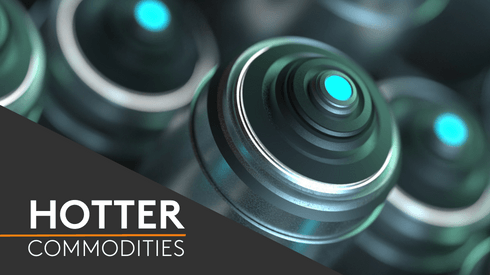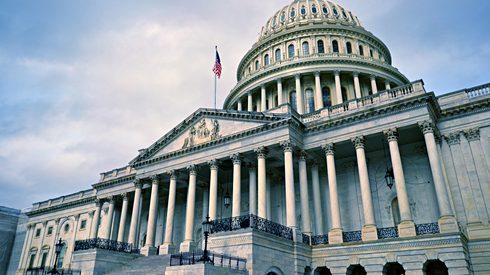Fastmarkets assessed its new aluminium low-carbon differential P1020A, US Midwest at zero on Friday November 3. The assessment for the aluminium low-carbon differential for value-added product, US Midwest, also was at zero on Friday.
Fastmarkets aims to bring transparency to the market with its new low-carbon aluminium differentials.
“We are getting lots of questions about carbon footprint,” a trader said. “One of our customers in Europe has a green requirement, but they can only buy from two suppliers. Depending on the timing… it sounds like there is a premium.”
“When the market is tight you can get a green premium but when the market is loose you cannot,” a producer source agreed. “Because of the market turning negative, it is not possible…When we come out of this depression, you’ll see it go from zero to 1 cent in the next 24 months.”
Spot demand for aluminium in the US is currently sluggish, with consumers not looking to buy extra units or pay a premium for low-carbon units, a second trader said. But this state of affairs could change in future, he said.
“No one is buying regular billet now so definitely not paying a premium for low carbon,” a third trader said.
But a fourth trader has received some inquiries and questions about low-carbon material, he said.
Interest in low-carbon material is primarily emerging from the beverage can, automotive and building and construction markets, sources told Fastmarkets.
“Can producers are looking to recycle the can body, but they need to replace the top and bottom of the can; they would be looking to green aluminium for those parts,” according to a fifth trader.
A second producer expects the automotive industry will demand green products before the building and construction sector.
Earlier this month, 14 companies including Ford Motor Co, Rivian, Pepsi Co and General Motors sent a letter to the US Department of Energy Secretary Jennifer Granholm urging the government to invest in American-made clean aluminium.
Novelis is seeing increasing demand from the automotive industry for its low-carbon aluminium sheet products, the Atlanta, Georgia-based aluminium producer told Fastmarkets.
Fastmarkets‘ aluminium low-carbon differential P1020A, US Midwest is applied on top of the underlying aluminium price on the London Metal Exchange and Fastmarkets’ P1020A Midwest premium for ingot, t-bar and sow.
Fastmarkets’ assessment of aluminium P1020A premium, ddp Midwest US was 18.5-19.5 cents per lb on November 3, unchanged since October 20.
Fastmarkets assessed the aluminium 6063 extrusion billet delivered premium at 8.5-10 cents per lb on the same date.
The aluminium low-carbon differential value-added product, US Midwest is applied on top of the LME aluminium price and Fastmarkets’ value-added product premium and includes billet, primary foundry alloy (PFA), wire rod and slab.
The US launch follows the 2021 launch of low-carbon aluminium differentials in Europe.
Fastmarkets has proposed launching several new European aluminium low-carbon differentials for VAPs.
Fastmarkets last assessed the aluminium low-carbon differential P1020A, Europe at $20-30 per tonne and the aluminium low-carbon differential value-added product, Europe at $10-35 per tonne on November 3.
To read the aluminium low-carbon differentials pricing methodology and specification documents, go to https://www.fastmarkets.com/methodology/






